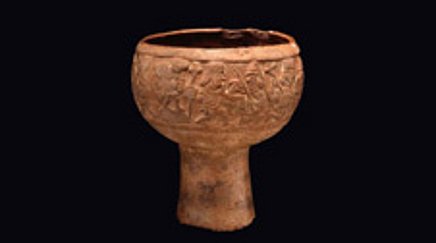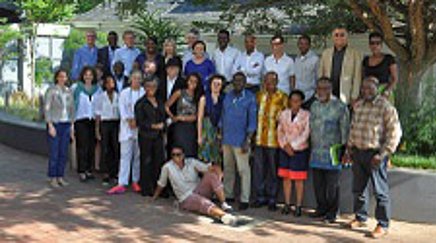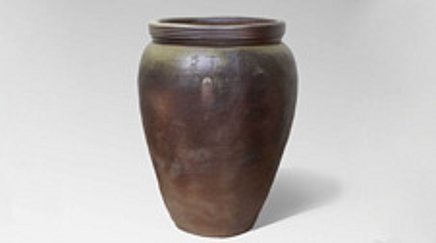Shared Heritage
16.10.2016The Humboldt Forum as the Epicenter of Shared Heritage
We are all jointly responsible for the cultural heritage of mankind. So we should share it with the nations that we once subjected to colonial rule.
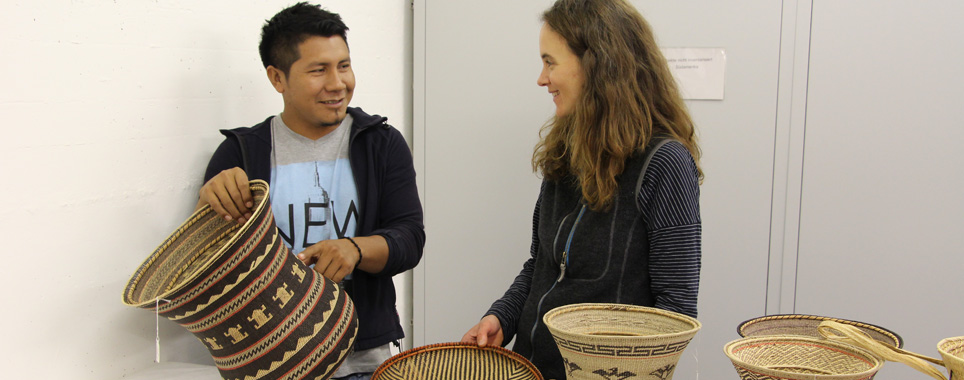
When you enter the tourist information office on the Pacific atoll of Majuro, you are given a brochure with the title Germans in the Marshall Islands. The cover shows the service flag of the German Imperial Colonial Office and a postage stamp depicting the imperial yacht, S.M.S. Hohenzollern. One of the tourist attractions featured in the brochure is the only German colonial wooden building that has survived intact. The collection of the Ethnologisches Museum (Ethnological Museum) in Berlin, on the other hand, contains a traditional men’s house from the islands of Palau, on the other side of Micronesia. This is due to be exhibited in the Humboldt Forum. The men’s house, which dates from 1905, is showing signs of age, so the Republic of Palau has offered to have the roof covering renewed in the traditional way.
The restoration of the men’s house from Palau is a good example of the principle of shared heritage in action. This involves partnership, collaboration, and joint responsibility. The same applies to the work of the Chinese artist and architect Wang Shu, who is designing a vast hall to showcase Chinese courtly art in the Humboldt Forum. Cultural goods possess a unifying property, which needs to be activated in order to take effect. This can be done in many different ways, depending on the type of cultural object and its contexts, both historical and political. The concept of shared heritage is founded on the conviction that museums are merely the trustees of a cultural heritage that belongs, in essence, to the whole of humanity. This principle is only valid for objects that have been acquired legally. Shared heritage is therefore a post-national program, in a sense, and it requires a corresponding mindset from every participant.
Zitat
"We are naturally concerned that shared heritage should not become yet another empty gesture made by the West to placate the peoples and countries of origin."
A Common Way of Dealing With History
Thousands of kilometers southwest of Palau lies the country of Tanzania, formerly German East Africa. If you come here and announce that you work in a Berlin museum, you are immediately confronted with one of the bloodiest chapters of German colonial history: the Maji Maji rebellion. This armed uprising took a variety of forms between 1905 and 1907 until it was brutally crushed by German colonial troops, leaving countless thousands dead. It is a matter not just for the history books, but also for animated discussion. The notion of shared heritage does not work its magic here straight away, not in the face of such a potent cocktail of colonialism, injustice, scorched-earth tactics, and anti-colonial resistance. Nevertheless, the objective here, too, is to find a common way of addressing this history. That is why we want to study the Maji Maji rebellion together with scholars from Tanzania and to feature it in the Humboldt Forum. The path may be hard, stony, and not without risk, but the Stiftung Preussischer Kulturbesitz (Prussian Cultural Heritage Foundation) and its Staatliche Museen (National Museums) see it as an obligation that must be met.
An exhibition about German colonialism is currently showing at the German Historical Museum. Diagonally opposite stands the Humboldt Forum, where we are considering how best to present the collections of the Ethnologisches Museum (Ethnological Museum) and the Museum für Asiatische Kunst (Asian Art Museum). We are naturally concerned that shared heritage should not become yet another empty gesture made by the West to placate the peoples and countries of origin. We mean to pay serious attention to the needs of those with whom we hope to share knowledge, and we must ensure that our dealings with the societies of origin are open, flexible, and honest.
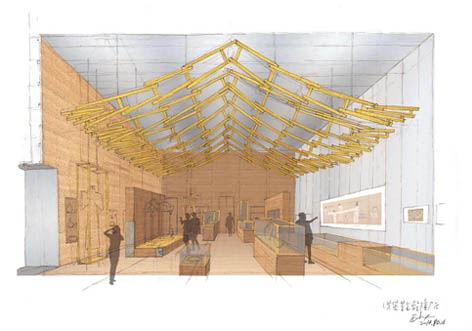
Why Shouldn’t Exhibits Travel More Often?
If this is to happen, then the cultural heritage preserved in Berlin must also be made available to the cultures of origin. As part of the process, the museums themselves need to be decolonialized, in a way, and become more democratic. Firstly, it is important to involve curators from the countries of origin and to dismantle the old hierarchies of interpretation. For example, we are developing the presentation of the Amazonia collection in collaboration with representatives of the indigenous University of Tauca in Venezuela, and as a result the histories of the objects have gained new perspectives and additional layers of meaning
Secondly, it is essential that the material knowledge of the cultures of the world that has been amassed here in Berlin can be accessed in its entirety by everyone, so one of our core tasks is to make it available digitally. Thirdly, why shouldn’t parts of the collections be allowed to travel more often, if the appropriate conservation requirements can be met? It is conceivable that we could cooperate much more closely with museums in the countries of origin and exchange objects temporarily for special exhibitions. It is a major concern for our colleagues in Africa, in particular, that lending should be a two-way street. The Humboldt Forum could serve as the epicenter of a network of international relationships that have been renewed along these lines. And fourthly, a partnership of equals could well include the return of individual objects in certain cases, if they have evidently been acquired illegally. The sharing of heritage can therefore only be as good as the corresponding provenance research, which means in turn that maximum transparency concerning the circumstances of acquisitions is an essential prerequisite for cooperation.
Zitat
"The Humboldt Forum could serve as the epicenter of a network of international relationships that have been renewed along these lines."
Berlin in particular bears a heavy responsibility in this respect – and not just because of the colonial crimes committed against the Herero and Nama in Namibia, or during and after the Maji Maji rebellion in Tanzania. Berlin was the venue of the Congo Conference, convened by Otto von Bismarck in 1884–85, at which the colonial p¬artition of Africa was definitively agreed. It marked the start of the full-scale – and often inhumane – subjugation of the African continent. It is high time for Berlin, too, to have a visible sign of remembrance.
The plain fact is that colonial history is always a story of power imbalance, of repression, and of racism. So the presentation of the bronze relief panels from Benin, which are among the highlights of West African art in the Humboldt Forum, will reflect the saying that there are two sides to every story. The front will allow visitors to admire the impressive representations and craftsmanship, but the back will confront them with the story of how the panels were acquired. Interviews, films, and photos will explore the causes and effects of colonization in the words of the victims; this too is shared heritage.
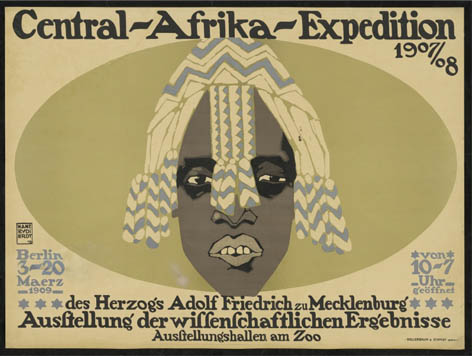
Systematically Acquired Through Purchases
There is no reason to worry that a 21st-century exhibition in the Humboldt Forum, consisting of collections assembled over a hundred years ago, might reproduce colonial presentation patterns, in the sense of a display of exotic curiosities at the expense of the original cultures. That would run counter to the objective of equal coexistence in our society, shaped as it has been by immigration.
It should also be remembered that the greater part of the collections in the Ethnologisches Museum does not come from former German colonies, but has been systematically acquired through purchases around the world, or gathered in the course of research trips. So although the collections are a legacy of colonial power to some extent, they owe a much greater debt to universal scholarship and an interest in foreign cultures. As Alexander von Humboldt noted with regard to the indigenous peoples of the Orinoco River: if we want to understand the world as a whole, we need also to know about the cultures that have developed in the remotest areas.
The Humboldt Forum’s Most Important Mission
I am firmly convinced that without the Humboldt Forum in the rebuilt Berlin Palace, we would now be debating German colonialism and its consequences within a different frame of reference. Germany has many ethnological collections and wonderful museums, but as yet it has no institution that covers Europe and globalization in connection with narratives of humanity in their full historical depth, and current topics of debate. The collections, above all, offer almost inexhaustible potential for collaboration, joint productions, and networking with the rest of the world. We must transform them into catalysts of innovative, intense, and sustained communication with the cultures and countries from which they come. In the interest of our shared heritage, we need to work jointly to decode the objects and works of art, and coax their histories out of them. Only then can they impart new knowledge about the world and help us to break out of received, fallacious thought patterns.
That task is more urgent now than it ever was, because the shape of the world as we know it is changing. What with “clashes of civilizations” being invoked on all sides and xenophobia at worrying levels in Germany and Europe, despite the trend toward greater ethnic diversity in the population, the need for an institution like the Humboldt Forum is now greater than ever. What we are now experiencing is not just a consequence of poverty and lack of prospects. Education is one of the crucial weapons against prejudice and extremism, and that is what museums and cultural institutions as a whole can contribute to the fight against isolationism and xenophobia. They have the potential to teach people tolerance and respect for other cultures. At the moment, this is perhaps the most important mission of the Humboldt Forum in the new Berlin Palace.


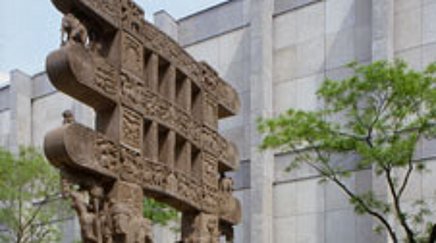

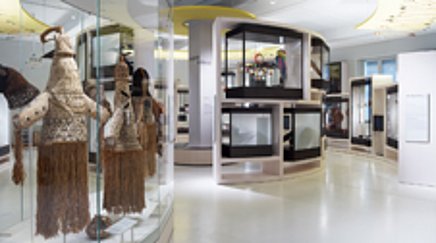

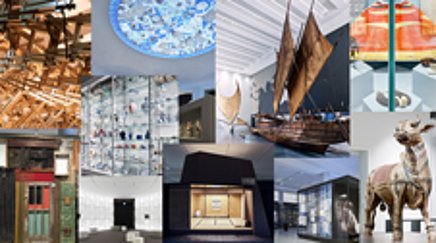
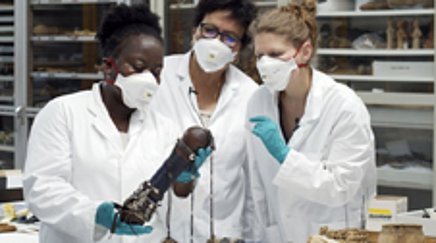

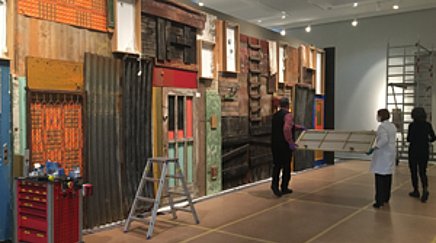
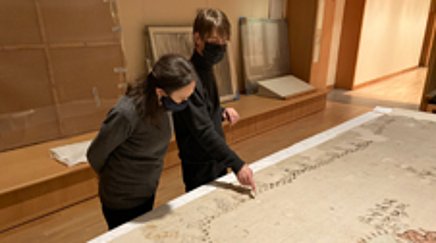
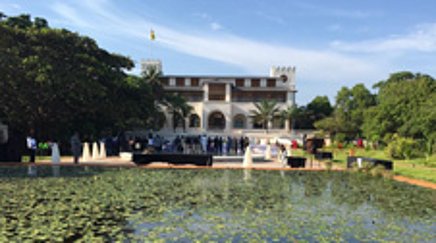
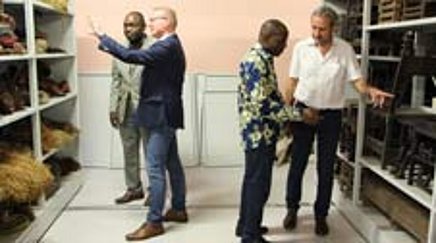
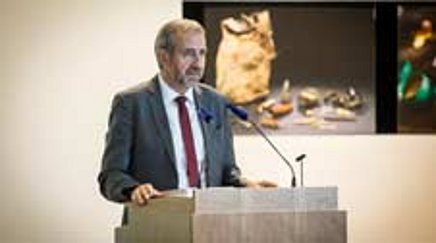
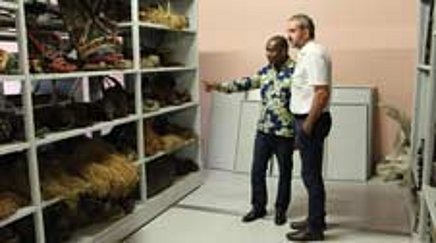
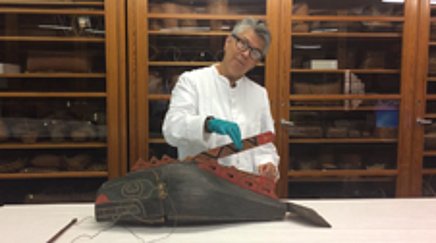
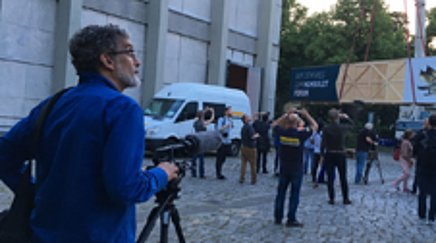
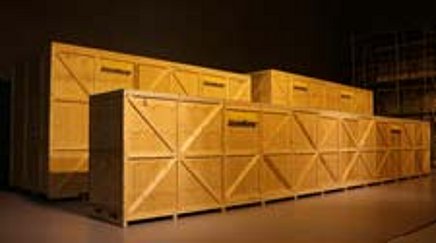
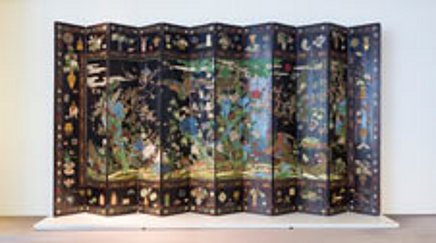
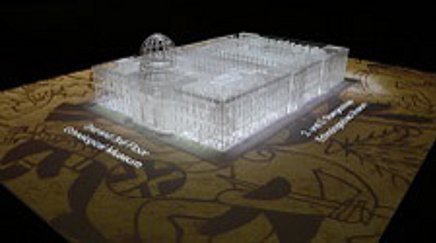

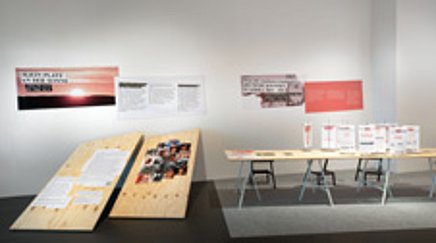
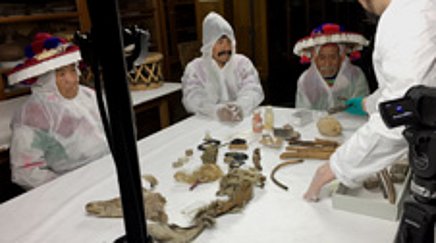
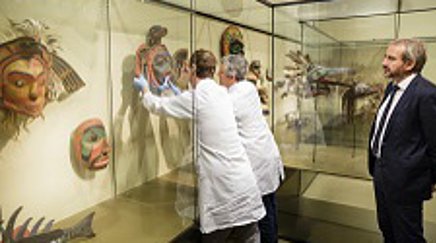
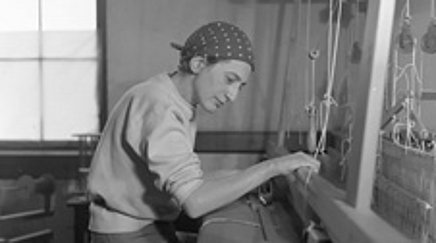
![[Translate to English:] Besucher bei der Ausstellung Living Inside the Story / Humboldt Lab Tanzania (Februar 2017). Besucher bei der Ausstellung Living Inside the Story / Humboldt Lab Tanzania (Februar 2017).](/fileadmin/_processed_/d/6/csm_Ausstellung-Lab-Tanzania-Dar-es-Salaam_ds1_25333185ee.jpg)

